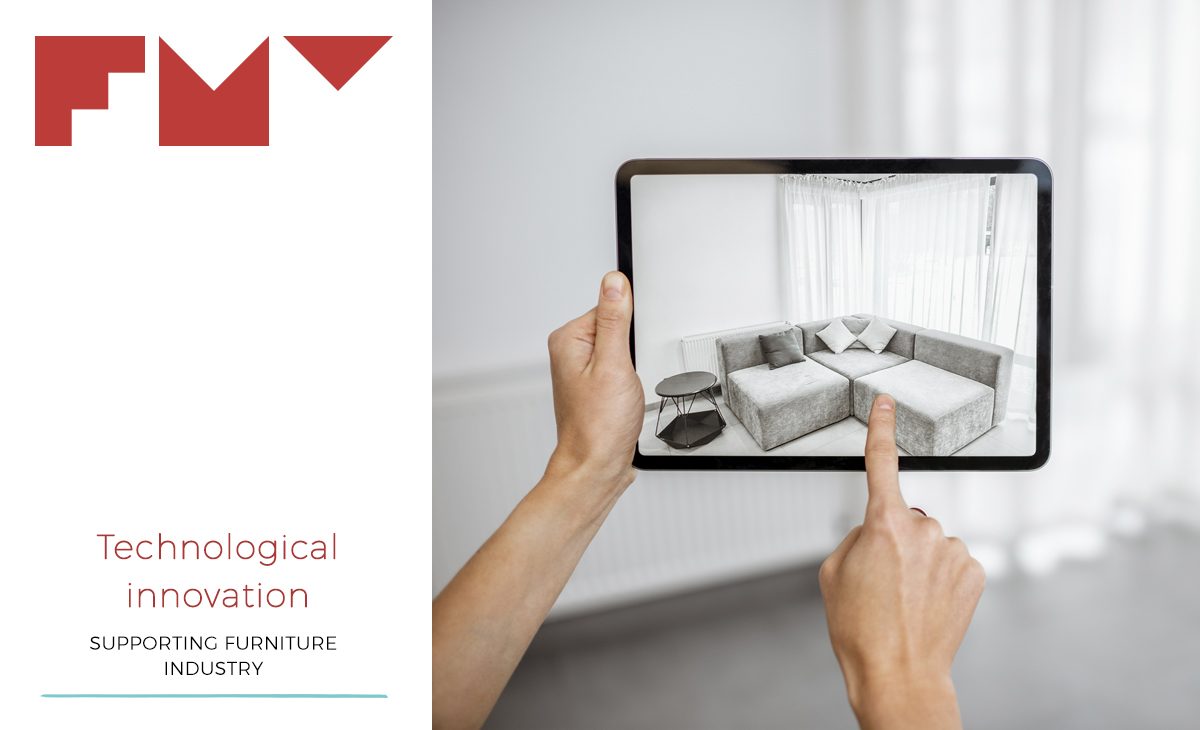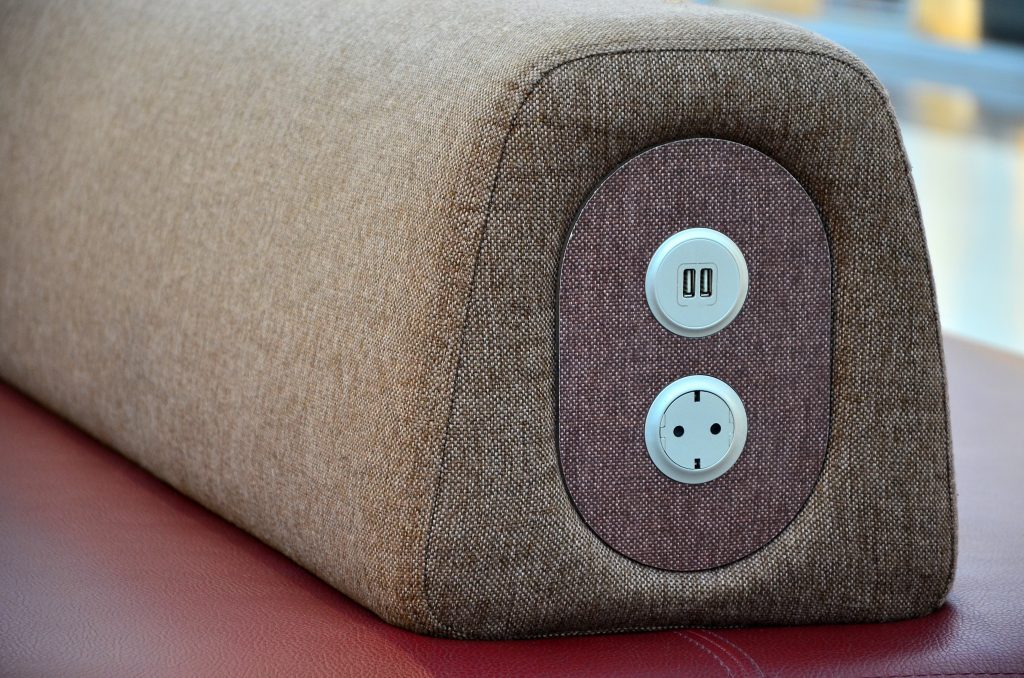
24 Nov Technological innovation supporting furniture industry
Technological innovation and digital development are key concepts, totally cross-cutting as well as cross-sectoral. There’s no need to say it does support the furniture and timber business.
From the manufacturing process to distribution in the different habitat or contract channels (furniture for collective spaces), the whole process of furnishing has been taking advantage of all digital and technological breakthroughs developed to date.
We are immersed in a digital revolution and manufacturers, designers, distributors and all of us who are involved in the day-to-day activity have an evolving prospect ahead of us from which we can derive great benefits.
In this article we outline some of these new developments, their benefits and what they can do for you.
Step into the future with us, it’s already here!
Innovation: From factory to furniture
As mentioned above, the changes that our sector has undergone have affected all stages of the manufacturing and sales process. Today, the furniture industry is a thriving sector (both domestically and internationally) which is increasingly tied to the Internet.
Our consumers are becoming more and more comfortable with online shopping, or at least with searching for references through devices and then making the purchase in-store (the so-called ROPO system – Research Online, Purchase Offline).
These consumer habits and the ever-increasing demand for products tailored to the user’s specific needs have led to a factory transformation – moving from the traditional factory to the smart factory.
The new furniture manufacturing centres have the most advanced technology, which allows them to optimise processes, make the most of their resources and increase their benefits. These are some breakthroughs found nowadays in our factories:
- Robotisation: Industrialisation and automation of processes through robotisation has greatly streamlined furniture manufacturing, evolving from the production line to autonomy through artificial intelligence-based devices.
- Connectivity and analytics: the ‘smart industry’ not only is more accessible thanks to the development of wireless connectivity systems, but also allows the compilation of a large amount of data which enable us to analyse our processes and help us obtain the best performance.
- Specific software: every day we develop new specific software aimed at manufacturing and sales. Ranging from software which makes warehouse inventory easier, to mobile apps which use augmented reality to enable our customers to visualise how the furniture would look in their home before buying it.
3D printing: Increasingly accessible, parts and complete furniture 3D printing brings great benefits to manufacturers. Besides increasing customisation possibilities, it allows for the production of highly resistant parts through an environmentally friendly process and reduces production costs.
The furniture in the future
If these developments are applied to any manufacturing process, those visible in furniture finished product, are no less astonishing.
You’ve probably heard of the term ‘home automation’. Smart, hyper-connected and functional homes are becoming more and more common, and this can be seen in a wide range of innovations applied to furniture design.
Here we review a few of them:
Intelligent furniture taking care of us
By means of modern sensor systems, this kind of furniture manufactured nowadays takes care of us and look after our health. We are referring to furniture which measures our blood pressure, sleep quality, heart rate or temperature, warning us if any indicator is not working as it should.
No wires all over the house
These days we always need to have a power socket close by. Charging our mobile phone, tablet or laptop is of utmost importance so that we don’t run out of power. But of course, we don’t usually like to have a house cluttered with cables. That’s why some manufacturers are already introducing plug sockets and wireless smart charging systems in their furniture.

Sofa with integrated electric charging system
Antimicrobial finishes Hygiene is also an aspect of particular concern to the modern consumer. When purchasing furniture for areas that are particularly sensitive to microorganisms (such as bathrooms or kitchens), it is possible to offer furniture treated with different materials and finishes such as lacquers or laminates which make them particularly resistant to microorganisms.
Conclusions
So, as you can see, technology already exists and it is out there.
At FMY we know the key importance of digital transformation in furniture, timber and related industries. Innovation is a decisive force which, undoubtedly, contributes to keeping up growth pace and ensures its good health.
Do you have an R&D&I department in your business? Maybe it’s time to start thinking about developing one.
Tell us what you think by leaving your comments.




Sorry, the comment form is closed at this time.